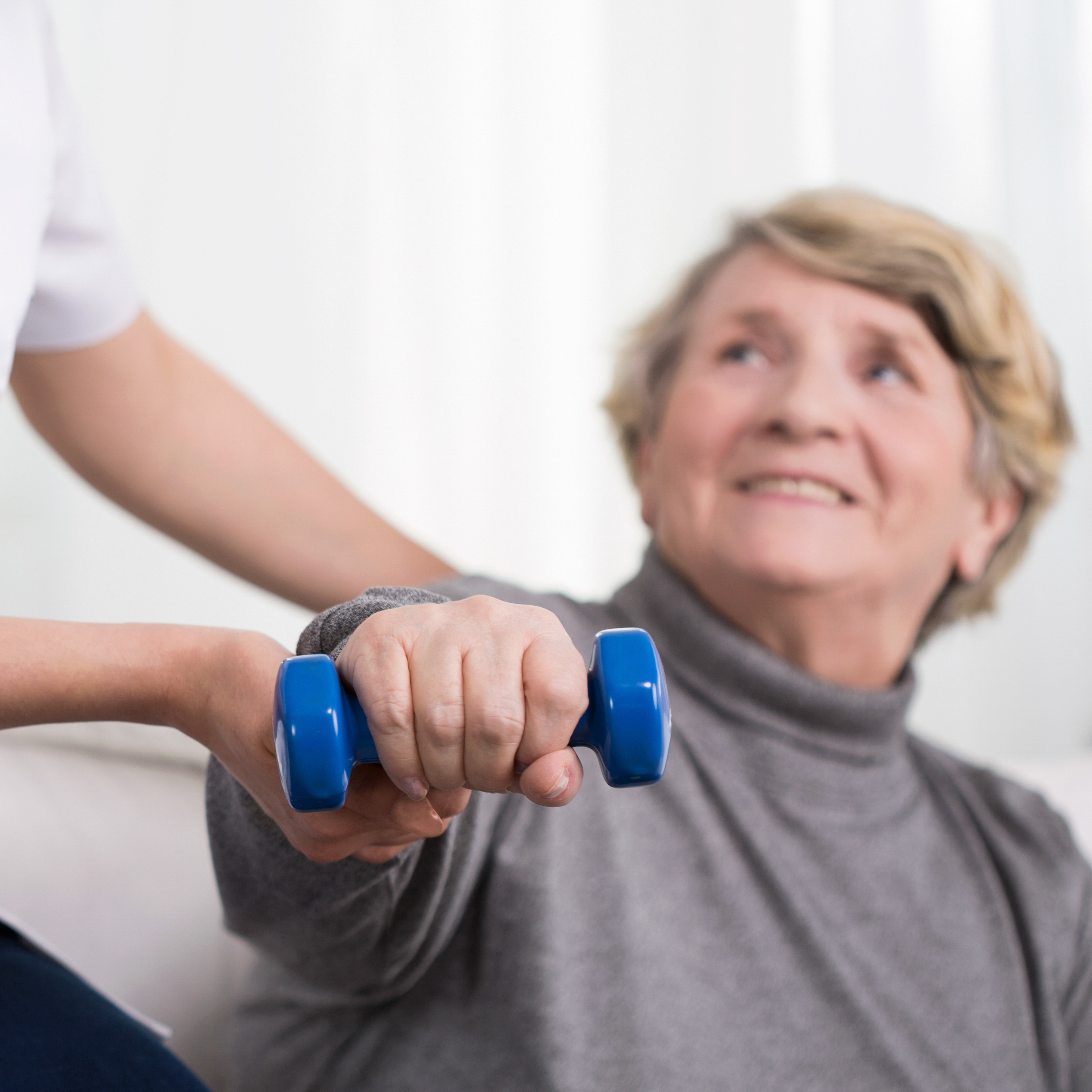February is American Heart Month—a perfect reminder to place a focus on the health of your own heart. Yet, your heart is something you should be on top of all year long.
In the case of those who are already living with heart disease, cardiac rehabilitation, or “rehab,” offers an opportunity for patients to manage the disease and improve their quality of life.
“Our cardiac rehab program is a comprehensive outpatient program that's prescribed by a physician for patients with cardiac disease. Patients are monitored in a safe environment, and they learn how to exercise for their disease process,” states Jennifer Saarela, Director of Cardiopulmonary at Pullman Regional Hospital.
What does Cardiac Rehab entail?
Pullman Regional Hospital's Cardiac Rehab program involves both cardio-based exercises, performed on various machines, as well as strength training with weights. Strength training is important, as many of the muscles surrounding the abdomen assist with movement and help the body breathe.
“Core muscles are kind of the core strength of everything. When people are rehabilitating through cardiac events, especially where they have had an open bypass and have had their chest muscle cut into, strength training really helps rehabilitate those muscles and makes them stronger. That allows for healthy breathing and a healthy heart,” explains Saarela.
Upon completing the program, patients are given training on how to continue to exercise at home on their own. Patients also receive medication management, blood pressure management, weight management, risk education, and training to self-manage daily living that is consistent with their cardiac disease process.
Everything is done safely and with the patient’s individual needs, medical condition, and physical ability in mind. “You receive a personalized plan developed specifically for you that promotes independence and healthier living,” Saarela notes.
What are the benefits of the program?
Benefits gained from Cardiac Rehab include:
- improved exercise tolerance
- increased strength
- better blood lipid levels
- boosted mental wellbeing
- reduced stress
- decreased risk of heart attack
- overall better health-related quality of life
Patients who complete and graduate from the program also have a reduction in number of hospitalizations. Perhaps one of the ultimate benefits is gained confidence in comfort. Patients are educated on how to differentiate between things like chest pain and chest pressure—essentially what’s “normal” and what might be cause for concern.
“Patients gain confidence, because they can see progression in their strength and they're just feeling better. They're starting to be able to do things they either weren't able to do before, or were just fearful to do on their own. But, they also have the companionship of other patients they have met through the program. They can celebrate these progressions and milestones together, and there's support everywhere around them,” shares Saarela.
Who is a good candidate for Cardiac Rehab?
Any individual who has had a qualifying cardiac event within the last year is eligible for Cardiac Rehab. These events encompass heart attack, stent placement, bypass surgery, heart transplant, and valve replacement. And, anyone can have their primary care provider refer to the program. It just requires a written referral for cardiac rehabilitation, a qualifying diagnosis, and chart notes that document the patient’s event and history.
Individuals will then receive a phone call from one of the Pullman Regional Hospital team members to schedule an initial visit. The intake consists of a visit with a hospitalist, a monitored treadmill session, and personalized care plan.
“Any cardiac event, whether major or minor, can be a devastating experience. Our kind and compassionate experts take the worry off your mind so you can focus on the important things in life,” assures Saarela.
